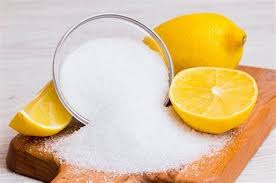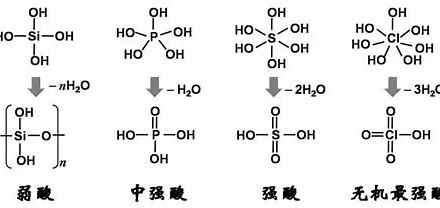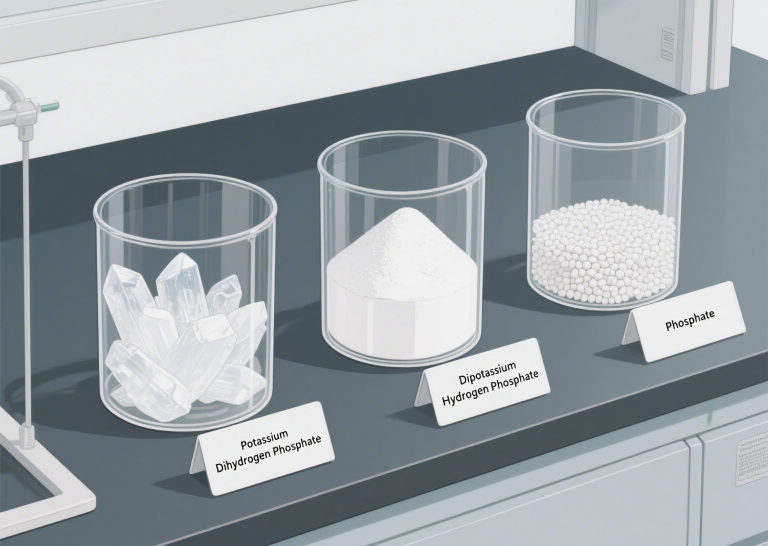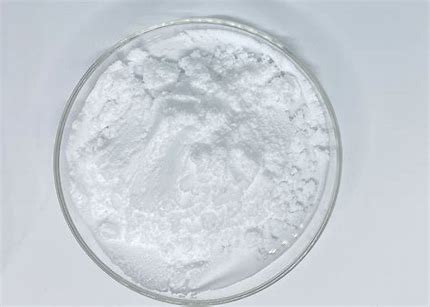Does Hydrogen Peroxide Expire? Storage Guide
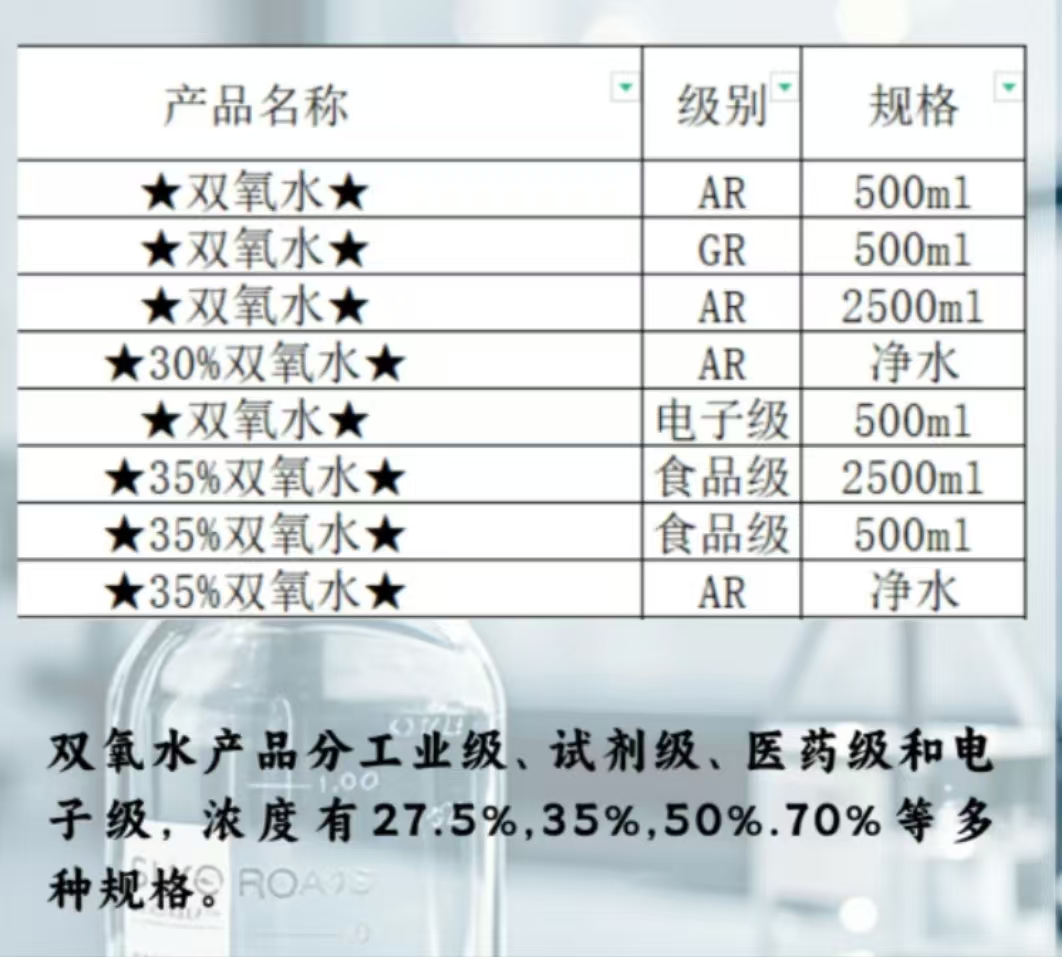
Hydrogen peroxide (H₂O₂) is a versatile workhorse in many households, prized for its cleaning prowess, disinfecting capabilities, and bleaching action. But like many useful items, a fundamental question often arises: does hydrogen peroxide expire? Understanding its shelf life and adopting the right storage practices are crucial for ensuring its continued effectiveness. This comprehensive guide will dive into the longevity of hydrogen peroxide and provide essential tips for its storage.
Does Hydrogen Peroxide Expire? Understanding Its Shelf Life
The straightforward answer is yes, hydrogen peroxide does expire. While a tightly sealed, unopened bottle can maintain its potency for a considerable duration, once that seal is broken, the degradation process accelerates.
- Unopened Hydrogen Peroxide: In its original, sealed container, hydrogen peroxide typically boasts a shelf life of around three years from the date it was manufactured. However, this is a general estimate, and the actual stability can be influenced by the initial quality and the storage conditions it endured before reaching your home.
- Opened Hydrogen Peroxide: Once the bottle of hydrogen peroxide is opened, it’s exposed to air and potential contaminants, both of which act as catalysts, speeding up its decomposition into water and oxygen. Generally, opened hydrogen peroxide remains most effective for one to six months. After this timeframe, its concentration will gradually diminish, leading to a noticeable reduction in its potency.
While expired hydrogen peroxide isn’t typically harmful to use (it will mostly be water), it won’t deliver the desired results, especially when relied upon for disinfection or bleaching. A telltale sign of degradation is a lack of the characteristic fizzing action when applied to a cut or other organic material.
Why Does Hydrogen Peroxide Degrade?
The inherent instability of hydrogen peroxide stems from its chemical structure. The bond between the two oxygen atoms in H₂O₂ is relatively weak, making it susceptible to breaking down. Several environmental factors can significantly accelerate this natural decomposition:
- Exposure to Light: Light, particularly ultraviolet (UV) rays, is a major catalyst for hydrogen peroxide degradation. This is the primary reason why it’s almost always packaged in dark, opaque bottles.
- Heat: Elevated temperatures increase the rate of chemical reactions, including the decomposition of hydrogen peroxide. Storing it in warm environments will shorten its effective lifespan.
- Contamination: Introducing impurities, such as dust, dirt, organic matter, or even the backwash from unsterilized applicators dipped into the bottle, provides surfaces for the decomposition reaction to occur more readily.
- Air Exposure: Once the bottle is opened, even the gradual exposure to air can contribute to its breakdown over time.
- Concentration: Interestingly, higher concentrations of hydrogen peroxide tend to be less stable than lower, diluted solutions.
Proper Hydrogen Peroxide Storage: Maximizing Shelf Life
To extend the shelf life and preserve the effectiveness of your hydrogen peroxide, adhering to proper storage practices is essential:
- Keep it in the Original Container: The dark, opaque bottle it’s sold in is specifically designed to shield it from light. Resist the urge to transfer it to clear or translucent containers.
- Store in a Cool Place: High temperatures are detrimental to its stability. Find a cool storage spot for your hydrogen peroxide, away from heat sources like radiators, ovens, or direct sunlight. An ideal temperature range for hydrogen peroxide storage is between 35°F to 65°F (2°C to 18°C).
- Store in a Dark Place: As mentioned earlier, light is a significant enemy of hydrogen peroxide. Keep it in a dark cabinet, drawer, or storage box where it’s protected from light exposure.
- Keep the Cap Tightly Closed: A secure seal minimizes exposure to both air and potential contaminants. Always ensure the cap is tightly closed when you’re not actively using the hydrogen peroxide.
- Avoid Contamination: Never dip unsterilized items like cotton swabs, fingers, or other applicators directly into the main bottle. Instead, pour the necessary amount into a clean, separate container for use.
- Do Not Dilute and Store: If a diluted solution is required for a specific task, prepare it fresh for immediate use. Diluting the entire bottle for storage can sometimes reduce its overall stability over extended periods.
- Store Away from Incompatible Materials: Hydrogen peroxide is a potent oxidizing agent and should be kept away from flammable and combustible materials, as well as other incompatible chemicals that could potentially cause a dangerous reaction.We don’t recommend using expired hydrogen peroxide. As it ages, its ability to kill germs and bacteria decreases..
How to Tell if Hydrogen Peroxide Has Expired
Even with the best storage, hydrogen peroxide will eventually lose its potency. Here are some simple ways to gauge its effectiveness:
- Lack of Fizzing: The characteristic bubbling or fizzing action that occurs when hydrogen peroxide comes into contact with organic substances (like blood, saliva, or even a cut potato) is a key indicator of its activity. If it doesn’t fizz or the fizzing is very weak, it has likely degraded significantly.
- Visual Inspection: While it should remain clear and colorless, significant degradation over a very long time might occasionally result in a slight discoloration. However, this isn’t always a reliable indicator.
- Expiration Date: Check the expiration date printed on the bottle, if one is present. While the hydrogen peroxide might still retain some effectiveness beyond this date, it’s generally best to replace it for optimal results, especially when using it for disinfection.
What to Do with Expired Hydrogen Peroxide
Expired hydrogen peroxide isn’t typically hazardous as it primarily breaks down into water and oxygen. However, its effectiveness as a disinfectant or bleaching agent will be greatly diminished or non-existent. You can safely dispose of it down the drain followed by plenty of water.
Conclusion: Proper Storage for Effective Hydrogen Peroxide
While hydrogen peroxide does expire, understanding its shelf life and consistently implementing proper storage techniques are key to maximizing its effectiveness for its various uses. By storing it in its original dark container in a cool, dark place with the cap tightly sealed and avoiding contamination, you can significantly prolong its potency. When in doubt about the efficacy of an older, opened bottle, especially when relying on it for disinfection, it’s always best to err on the side of caution and replace it with a fresh one to ensure optimal results.Hydrogen peroxide is a versatile chemical used in many ways.
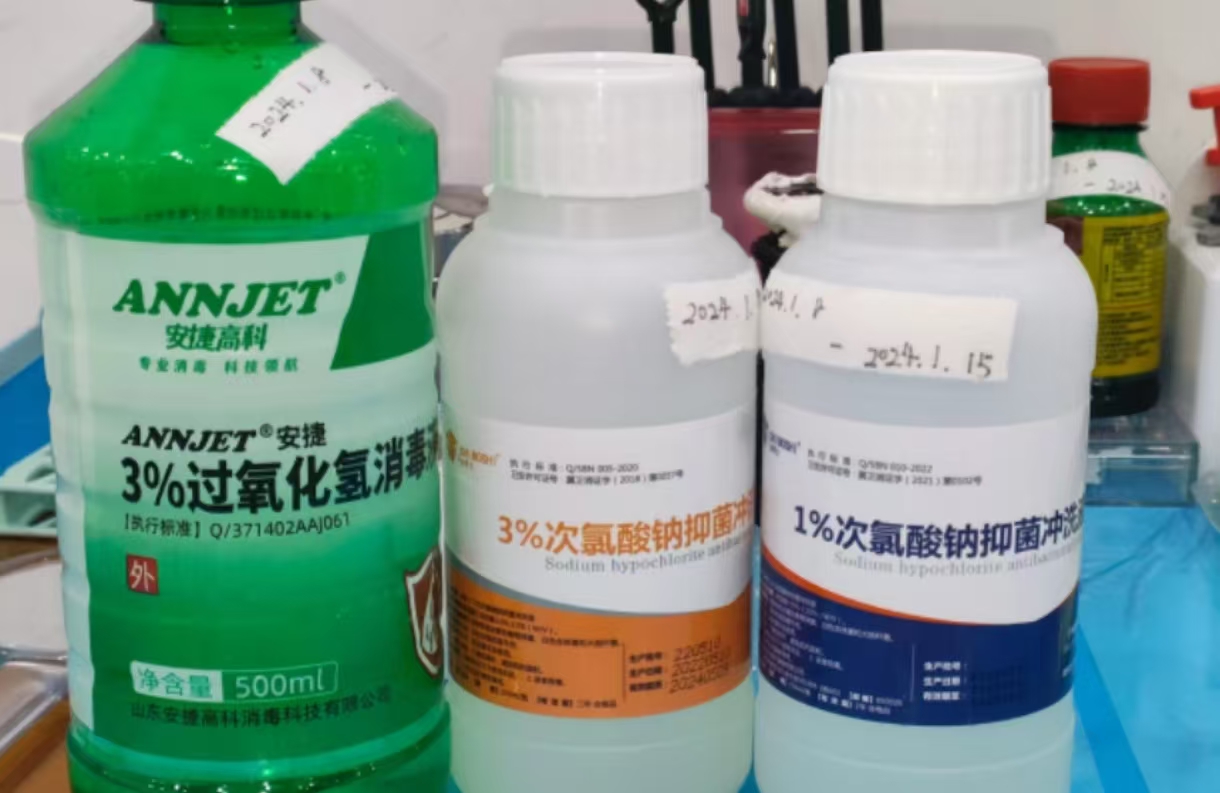
Yuhan Chemical provides various sulfuric acids in various concentration levels. If you have any needs, please contact:https://www.yuhanchemi.com/ultra-pure-sulfuric-acid
Yuhan Chemical, focusing on chemical raw materials:https://www.yuhanchemi.com/about-us

